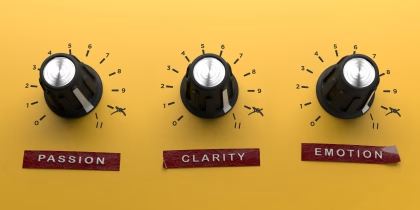Abstract: Simulator-based training platforms have become increasingly popular on the grounds of their potential to facilitate skill acquisition within safe and controlled environments. However, current technology is limited in its ability to adapt to individual trainees. Tailoring is in fact typically based on recorded simulation inputs and outputs, or relies on costly and time-consuming trainer-driven interventions, as opposed to direct monitoring of trainee state. This research explores whether automated detection of trainee emotional state can be used to drive real-time changes to the simulator control. The present paper reports on preliminary work to establish the technical viability of such an intervention using current emotion detection technology within a state-of-the-art fixed-base driving simulator environment. Data on the accuracy of the emotion detection software supports the feasibility of the approach, thereby suggesting the possibility of implementing emotion-driven training trajectories bespoke to the needs of individual trainees.
Related Posts
-

Why Dial Testing Alone Isn’t Enough in Media Testing — How to Build on It for Better Results
Consumer Insights
-

The Power of Emotional Engagement: Entertainment Content Testing with Affectiva’s Facial Expression Analysis
Consumer Insights
-

Tracking Emotional Engagement in Audience Measurement is Critical for Industry Success
Consumer Insights
-

How Real-Time Audience Intelligence Is Revolutionizing Modern Advertising
Consumer Insights



